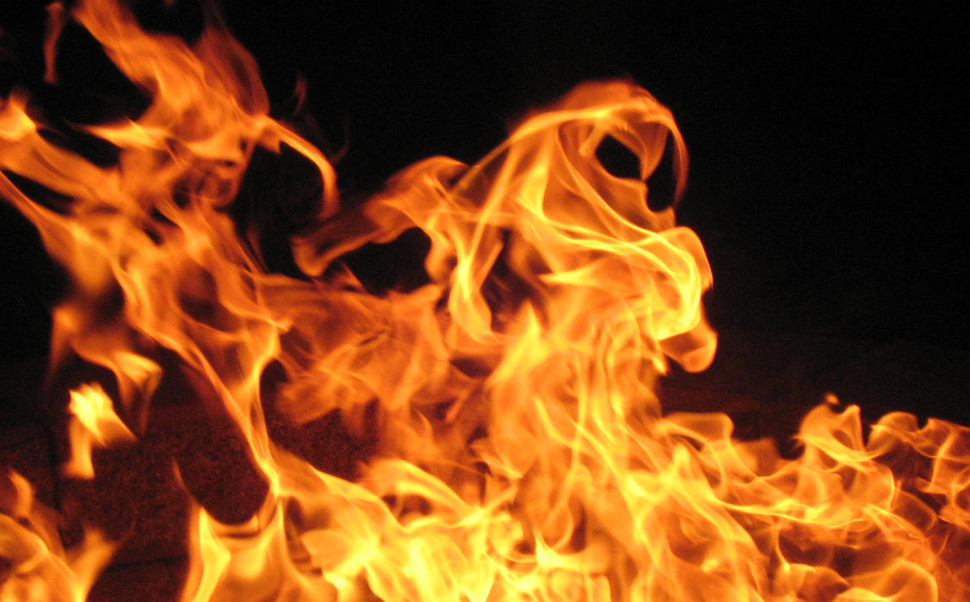Parashat Sh’mini
Leviticus 9:1 – 11:47
“And a fire went forth from the Eternal and devoured them; and they died in God’s presence. And Moses said to Aaron, ‘This is what the Eternal said; To say, “Through My intimates I will be sanctified, and in the presence of the whole people I will be glorified.”’ And Aaron kept silent.” (Lev. 10:2-3)
On this most glorious day of the consecration of the Tabernacle, just as Aaron and his four sons are embarking on their sacred vocation, two of Aaron’s sons, Nadav and Avihu, are devoured and killed by a fire from God after they approach the Tabernacle improperly. Moses begins speaking. He tries to explain what happened by relating what God had said. So Moses and God speak, but Aaron keeps silent.
This is in stark contrast to the image God had used to persuade Moses to embark upon his vocation, to liberate Israel and be their leader. Moses only agrees to accept God’s commission after God tells him: “After all, Aaron, your Levite brother – I know that he can really talk. Look! He is going forth to greet you and when he sees you he will rejoice in his heart.” (Ex. 4:14) In those innocent early days it is Aaron who is presented as the talker. And he will greet his brother with joy in his heart. The two brothers – the talky one and the silent one – will happily follow God’s instructions and bring salvation to Israel.
Now all is turned upside down. Now Aaron’s heart is heavy with grief. He has lost two sons. Those two sons, like Aaron and Moses, were two brothers who rejoiced in each other’s company. But their partnership does not help Israel. Rather, their heedless act, in disregard of God’s commands, has brought down upon them God’s destruction. Now Moses, in a desperate hope to comfort his brother, has become the talker, relaying God’s words. But Aaron keeps silent.
Aaron will no longer speak on Moses’ behalf, even as he continues to serve God in his role as High Priest. As the day continues, he resists Moses’ instructions and stands up for what he thinks is the proper way to observe the sacred ritual that is his responsibility. But he does not do so by appealing to God’s words. He simply asks, “If I did it your way, would it really be good in God’s eyes?” (Lev. 10:19) Is this a question of defiance or of resignation? Either way, a small space has opened up between the brothers, the “intimates” who are tasked with sanctifying God. Is it, then, so surprising that, years later, God will sentence these two brothers to die in the wilderness, never to reach the Promised Land, because they will fail to sanctify God’s Name in the midst of Israel?
Shabbat Shalom
Rabbi David Greenstein
![]()
Subscribe to Rabbi Greenstein’s weekly d’var Torah
image: “Flames Flying Away” © cbransto altered and used with permission via Creative Commons License
- Toby Stein: In Memoriam - Thu, Feb 8, 2024
- Faithfulness and Hope: Parashat Sh’lach - Thu, Jun 23, 2022
- Past Their Prime: Parashat B’ha`a lot’kha - Thu, Jun 16, 2022

